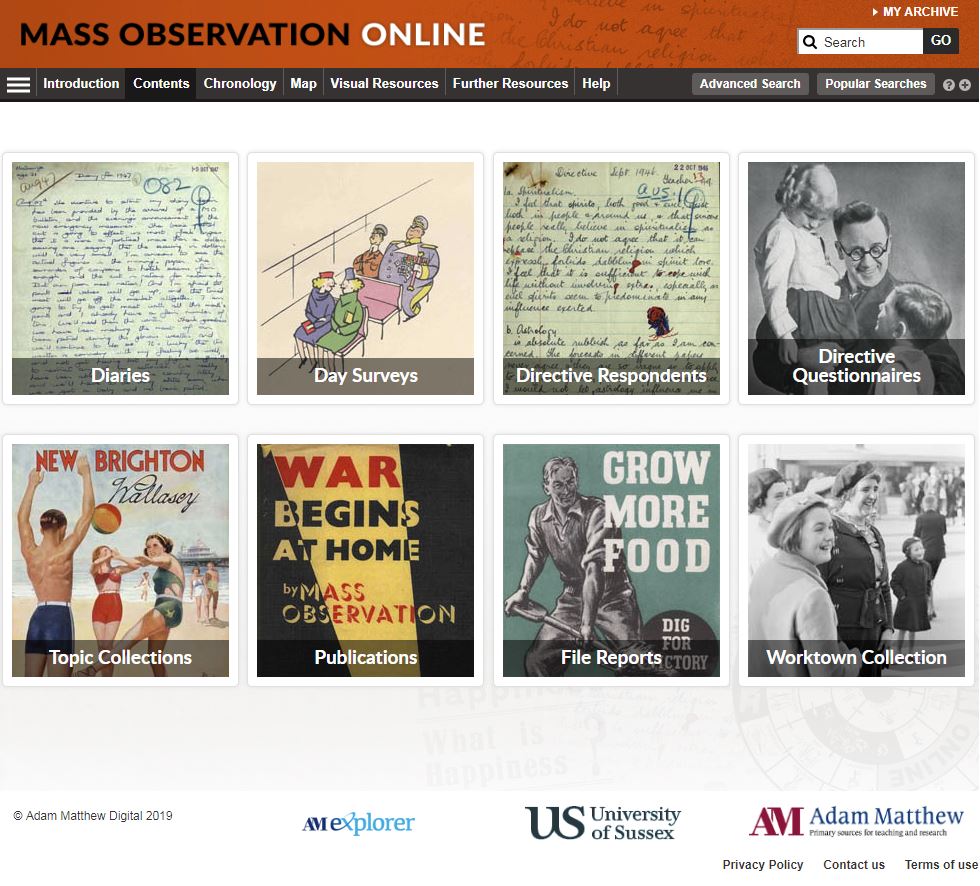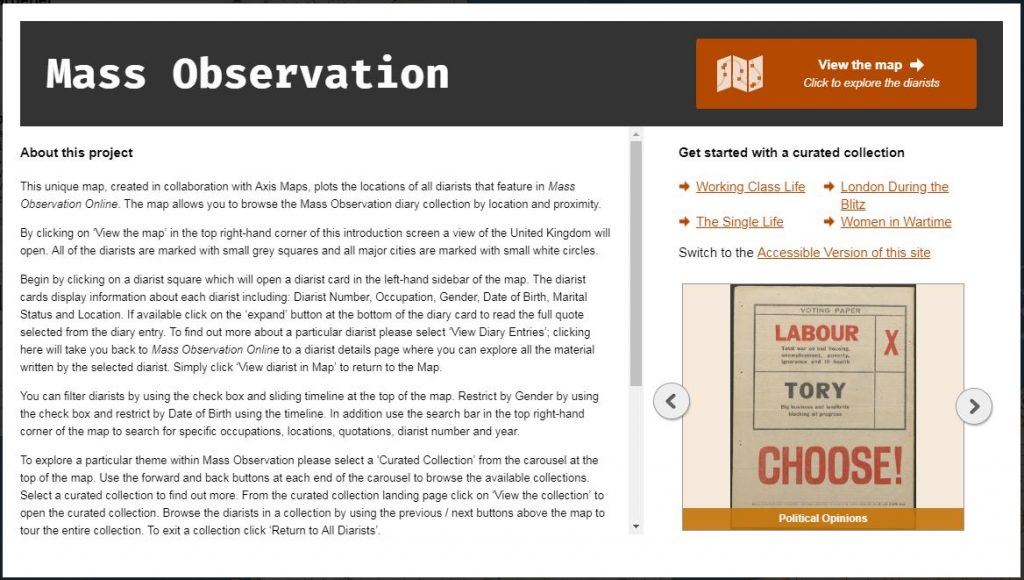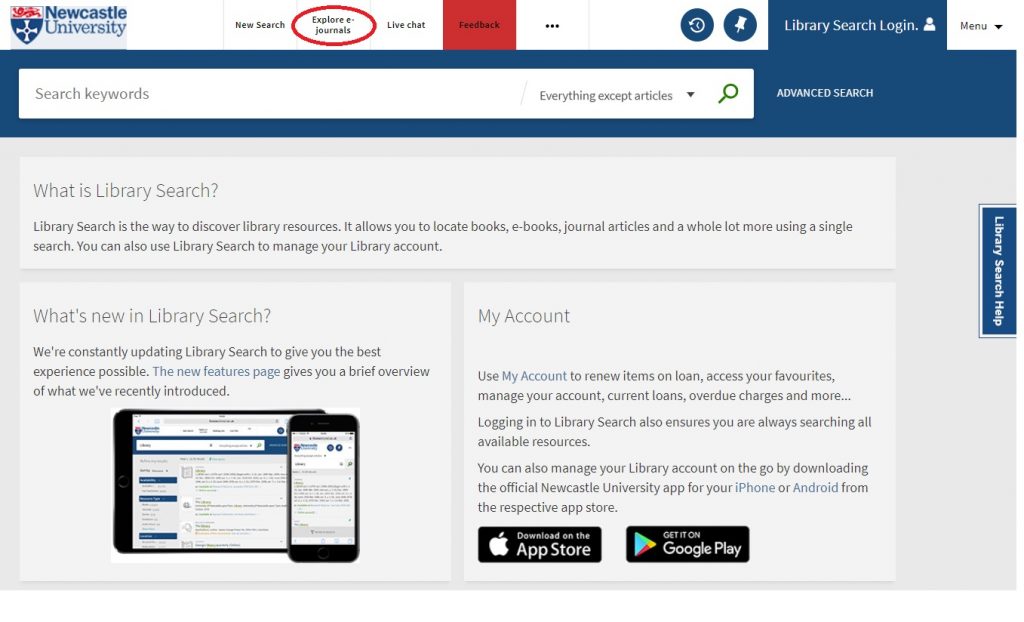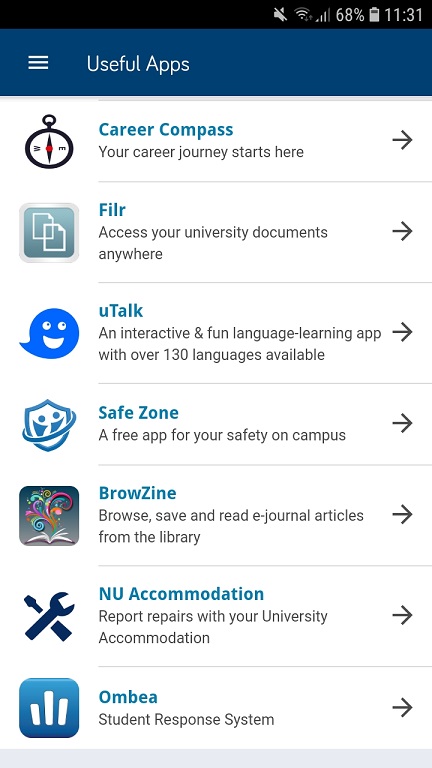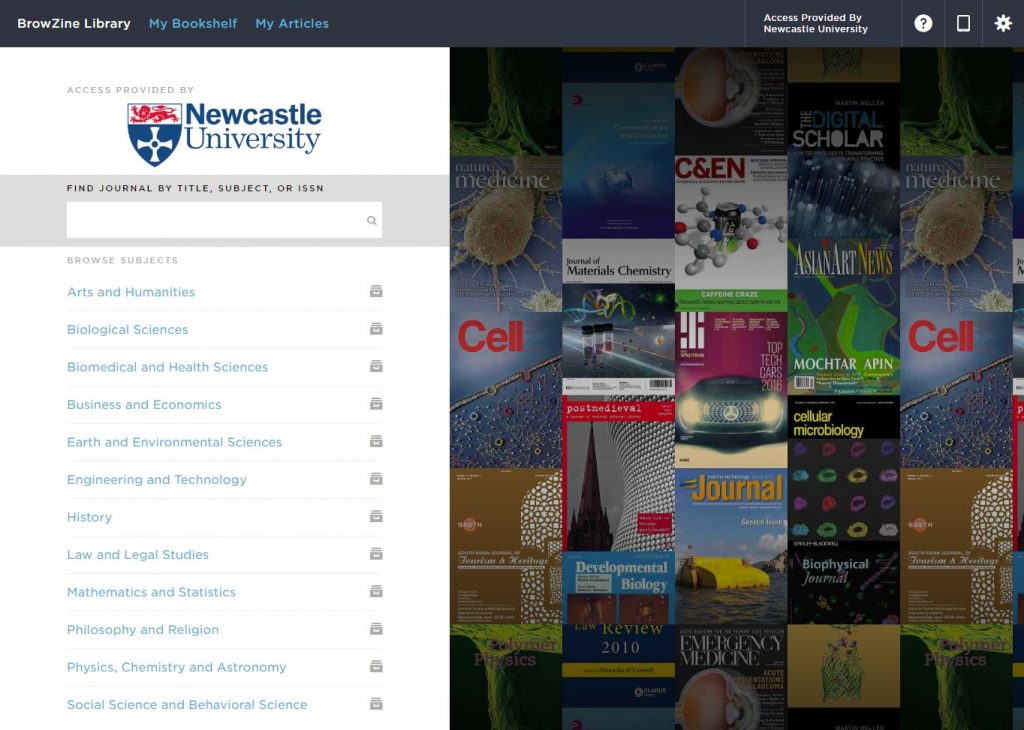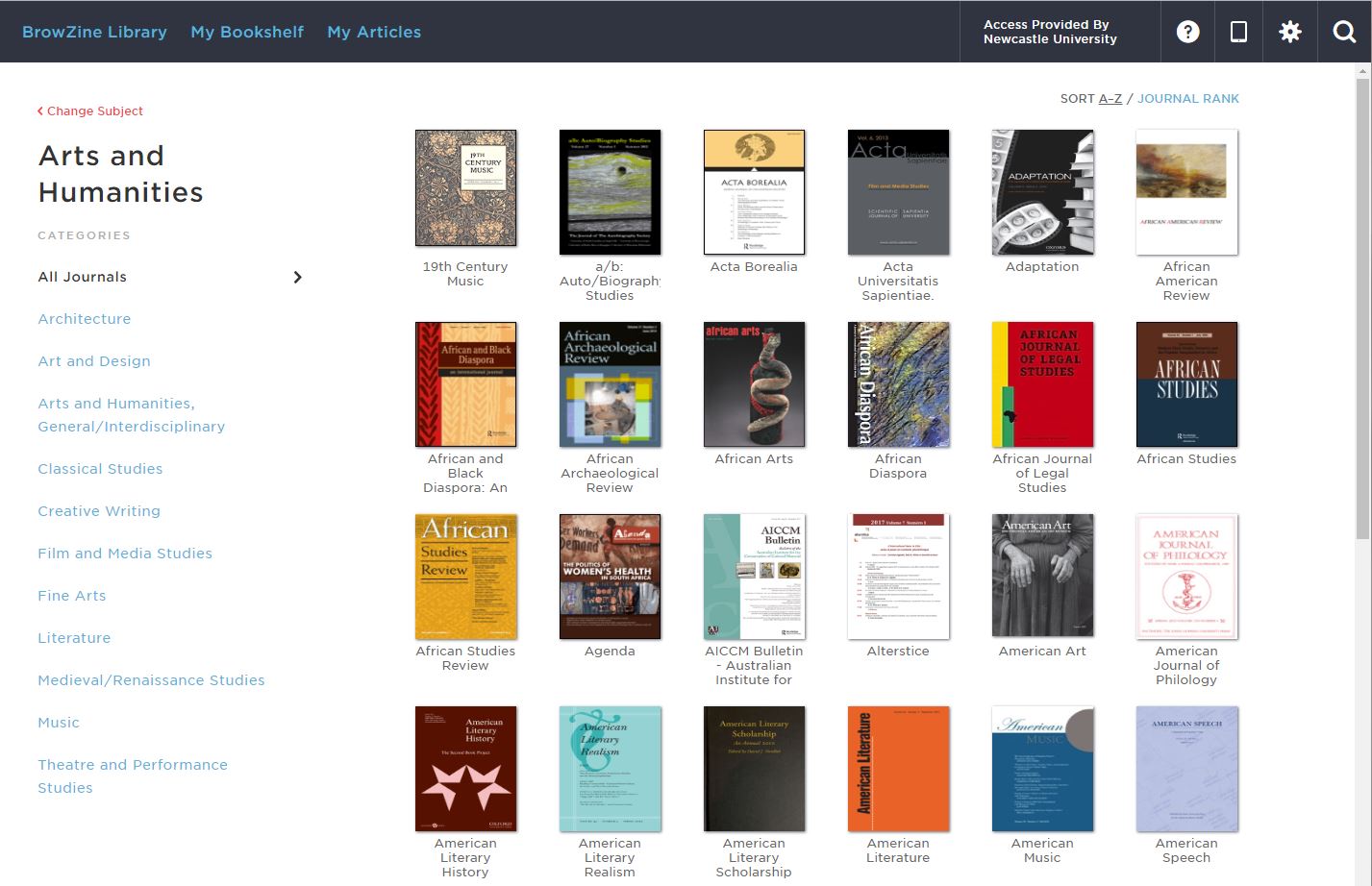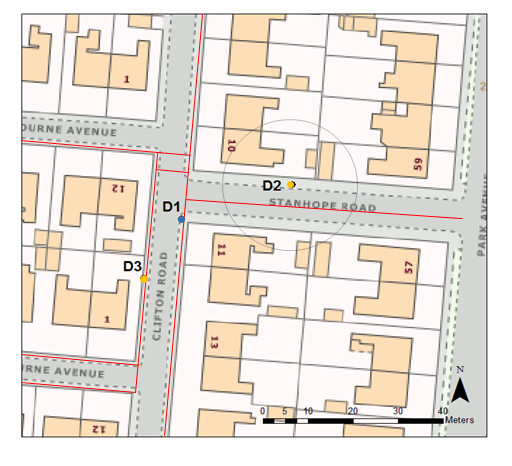
Librarians have been warning people about ‘Fake News’ for many, many, many, many years – how to find and select reliable, authoritative, quality resources is at the heart of any good library teaching session. In a way we librarians have to thank Mr Trump for making Fake News a popular term; he has made everyone aware that there are fake stories out there and that there has been for centuries (see our historical time-line of Fake News).
2019 is NU Library’s third year of promoting awareness of Fake News, and by looking at the large number of visits to our Fake News Guide over these three years (4,672 visits in total), and again thanks to Mr Trump, it’s not something that’s going away anytime soon. So we Librarians will continue our quest of highlighting all information that is fake for the greater good.
Until I went to Librarian’s Fake News conference last year, I hadn’t heard of the terms ‘Filter Bubble’ and ‘Echo Chambers’ in relation to Fake News. However, once explained hopefully it will make you more aware of what information/news stories you read via the likes of Google, Facebook and Twitter, and how they could potentially be fake. So here is the low-down on what these terms mean and how you can avoid falling into their traps; we’ve also offered the alternative view that they’re a load of old nonsense so you can decide for yourselves…
What is a ‘Filter Bubble’?
A Filter Bubble is when you are in a virtual bubble on social media – you only encounter information and opinions that agree with or reinforce your own beliefs. Your ‘personalised’ online experience is the result of algorithms that work away in the background and dictate what you see/read online. Google, Facebook, Pinterest, Netflix, YouTube and many more all do this.
These Filter Bubbles in turn create Echo Chambers…
What are ‘Echo Chambers’?
When information within a closed system online is only giving you (‘echoing’) back your opinion and beliefs and establishing confirmation bias (only accepting information that confirm your own opinion and beliefs).
What are the dangers?
As much as I enjoy Facebook fuelling my love of funny dog videos by suggesting similar videos and articles, being aware of why and how Facebook is doing this helps when it comes to more serious topics such as the news, social issues and politics.
Regarding Fake News, confirmation bias is particularly worrying as you will start believing fake news stories that confirms your opinions and beliefs. I know I have done this, which is really scary to realise.
Watch this short TedTalks video from Eli Pariser on the dangers of Filter Bubbles:
You could argue that this type of ‘personalisation’ is editing the web – only showing you one half of the story. So what can you do to pop the bubble?
What can you do to stop the bubbles and echoes?
There are a few simple things you can do to stop this and open yourselves up to a wider web:
- Read news sites, websites and blogs that offer a wide range of perspectives, such as the BBC.
- Use Incognito browsing, delete search histories and try and resist the temptation of logging into your accounts every time you go online.
- Deleting or blocking browser cookies – these cookies hold the algorithms that determine what we see.
- Turn off your curated feed in Facebook.
- Click ‘Like’ on everything! – This will tell the AI that you are into everything – all politics, all news etc.
- Don’t clink on links, especially politics and social issues – will stop fuelling the algorithms.
- Tell everyone else to turn off their curated feed!
Is it all a myth?
Below are a few articles that claim Filter Bubbles and Echo Chambers are myths and that it’s not the technology at fault, but rather the user. I’ll let you decide:
Dubois, E. and Blank, G. (2018) The myth of the echo chamber. Available at: https://theconversation.com/the-myth-of-the-echo-chamber-92544. (Accessed: 27 March 2019).
Robson, D. (2018) The myth of the online echo chamber. Available at: http://www.bbc.com/future/story/20180416-the-myth-of-the-online-echo-chamber. (Accessed: 27 March 2019).
Schwab, P. (2017) Academic research debunks the myth of filter bubbles. Available at: https://www.intotheminds.com/blog/en/academic-research-debunks-the-myth-of-filter-bubbles/. (Accessed: 27 March 2019).
Don’t burst my bubble!
Or maybe you like being in your own little bubble? The safety and comfort in knowing what information you are going to be presented with – nothing that offends or upsets your online world. I know I will carry on being fed humorous dog videos.
There are some interesting thoughts and opinions on the Social Network Bubble – the pros and cons – on this Radio 4 programme:
BBC Radio 4 (2017) Bursting the social network bubble. Available at: https://www.bbc.co.uk/programmes/b083p4lw. (Accessed: 27 March 2019).
References:
BBC Radio 4 (2017) Fave ways to burst your social media bubble. Available at: https://www.bbc.co.uk/programmes/articles/3n9yf0D5WxRZJGclBMtFGwK/five-ways-to-burst-your-social-media-bubble. (Accessed: 27 March 2019).
Farnam Street (2017) How filter bubbles distort reality: everything you need to know. Available at: https://fs.blog/2017/07/filter-bubbles/. (Accessed: 27 March 2019).
Grimes, D. (2017) Echo chambers are dangerous – we must try to break free of our online bubbles. Available at: https://www.theguardian.com/science/blog/2017/dec/04/echo-chambers-are-dangerous-we-must-try-to-break-free-of-our-online-bubbles. (Accessed: 27 March 2019).


